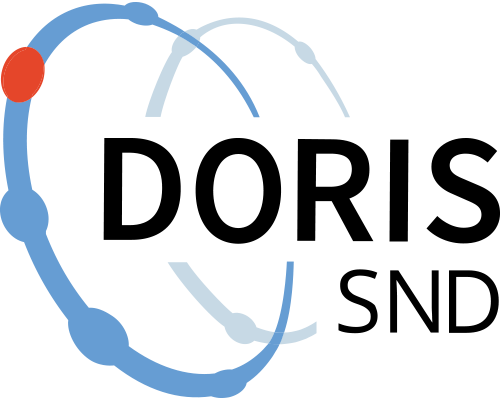Origin of Variances in the Oldest-Old: Octogenarian Twins (OCTO-Twin) Wave 1
The OCTO-Twin Study aims to investigate the etiology of individual differences among twin-pairs age 80 and older, on a range of domains including health and functional capacity, cognitive functioning, psychological well-being, personality and personal control. In the study, twin pairs were withdrawn from the Swedish Twin Registry. At the first wave, the twins had to be born 1913 or earlier and both partners in the pair had to accept participation. At baseline in 1991-94, 351 twin pairs (149 monozygotic and 202 like-sex dizygotic pairs) were investigated (mean age: 83.6 years and 67% were female). The two-year longitudinal follow-ups were conducted on all twins who were alive and agreed to participate. Data have been collected at five waves over a total of eight years.
The in-person testing included interviews, a health examination including blood pressure and lung function, blood sampling, and tests on functional capacity, cognitive abilities, and memory.
• The participants were examined as follows: physical and mental health status; selected personality dimensions; activities of daily living; health-related behaviors of smoking, alcohol consumption and legal drug use; early rearing environment, and the adult working, family and social environments.
• Physical measures included: blood pressure, pulse, anthropometric measures, lung function, grip strength, physical performances measures for upper and lower body functional activity, and assessment of activities of daily living measures (e.g. turn key in lock, pour a glass of water). Fasting blood and morning urine samples were also collected.
• The cognitive battery was designed to represent the domains of crystallized and fluid intelligence and memory. The battery included the Mini-Mental Status Examinations (MMSE); Information test, Synonyms test, Analogies test, Figure logic test, Block design test, Digit span (Forward and Backward) test, Picture memory test, Symbol Digit test. Dementia diagnoses have been assigned following assessment of cognitive performance and review of medical records giving a consensus diagnosis.
Refer to the individual datasets in the NEAR portal for more details on variable groups and individual variables.
Go to data source
Opens in a new tabhttps://neardb.near-aging.se/study/octo-twin
Citation and access
Citation and access
Data access level:
Creator/Principal investigator(s):
Research principal:
Data contains personal data:
Yes
Type of personal data:
Pseudonymised data related to mental and physical health, as well as socio-demographics and social relationships
Code key exists:
Yes
Sensitive personal data:
Yes
